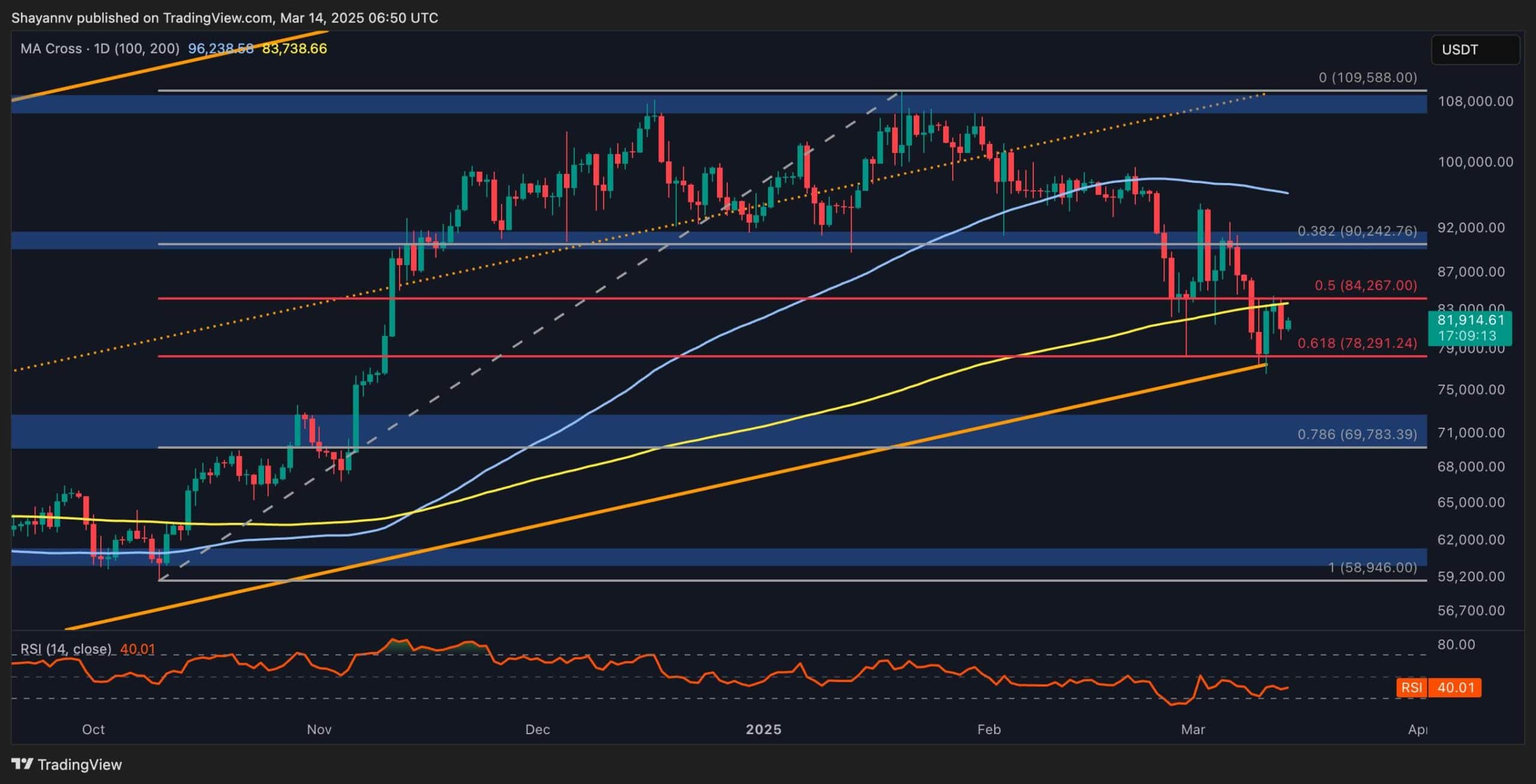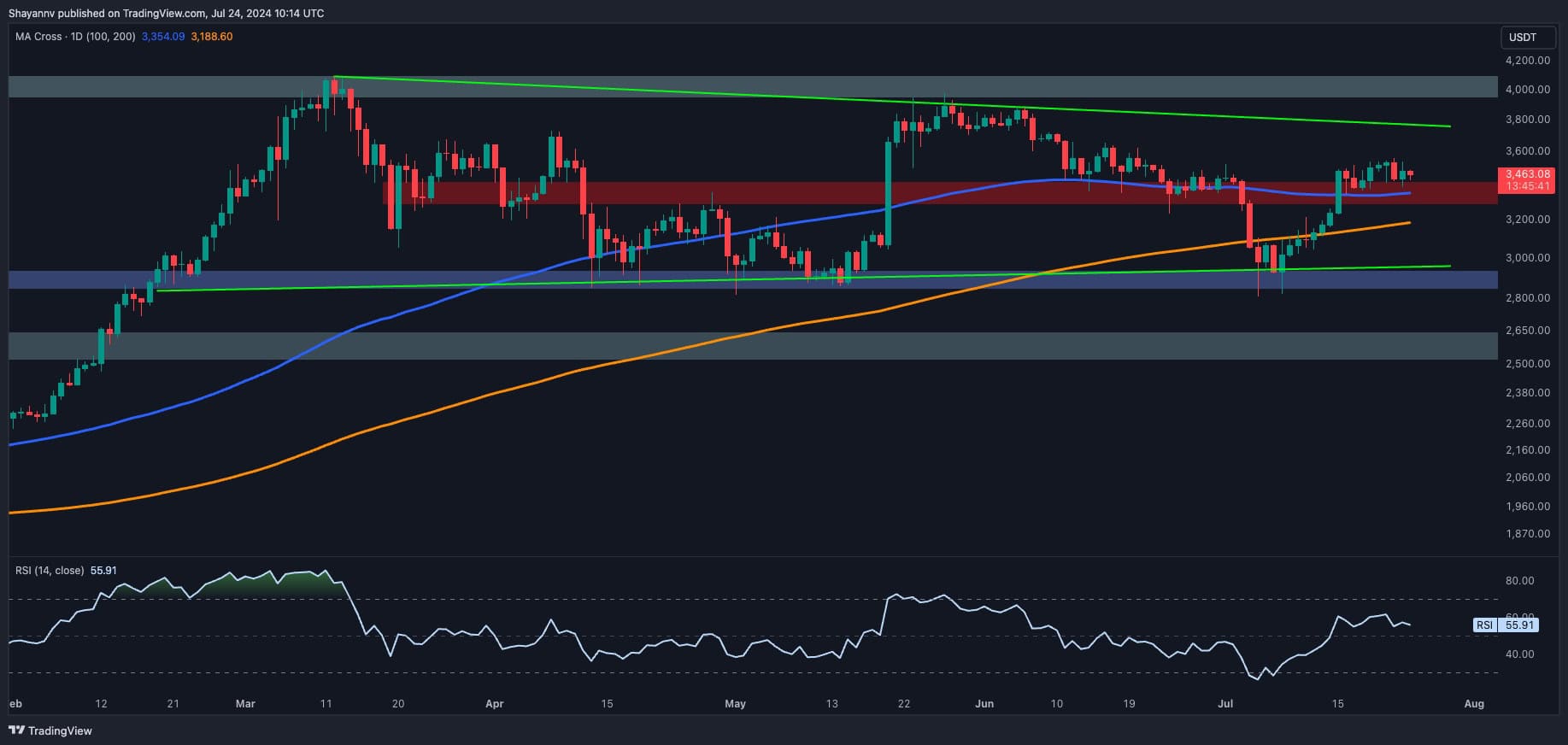DeFi Experts Warn Over Latest Google Ads Crypto Scam
Google appears to be taking money from fraudsters and facilitating crypto scams. These are the findings from DeFiLlama researcher “0xngmi,” who reported that scammers are buying ads for proper crypto websites on Google, but…
When users click on them, “they get sent to an ad network to track the click, but that network redirects to a scam site instead!”
There’s a new crypto scam on google
Scammers will buy an ad for a proper crypto website on google, with the proper URL
Then when users click on it they get sent to an ad network (https://t.co/k5azsHhC2s) to track the click, but that network redirects to a scam site instead! pic.twitter.com/YEUYqc9IUk
— 0xngmi (@0xngmi) August 23, 2023
DeFiLlama Domain Redirect
They said it was happening with the defillama.com domain name, which was being redirected to a scam domain.
“By using ad networks that are either malicious or compromised, they can switch the URLs,” they added.
“We’ve already reported the ad and the ad network to Google multiple times over multiple days, but Google has failed to take any action,” said the researcher.
However, when CryptoPotato tried to replicate the issue, the genuine website came up, so Google may have removed the offending ad.
‘ChainLinkGod’ said the search giant should be held accountable:
“Blows my mind how Google is not held liable for this given they profit every time an phishing link ad is clicked, they have zero incentive to fix this,”
Google Search ad phishing has also been reported by ‘Scam Sniffer,’ which revealed that a victim lost $900,000 by clicking a malicious Celer Bridge ad on Google this week.
It was another “sponsored” link that had paid Google to be there, only to redirect victims to a malicious website.
The malicious site prompted the user to approve a wallet connection by signing a transaction which resulted in that wallet being drained.
beware of Google Search Ad phishing! it’s not getting better since we report it a few months ago.
a victim lost 900k USD by clicking the malicious Celer Bridge ad yesterday. pic.twitter.com/qDOR5uThOq
— Scam Sniffer (@realScamSniffer) August 22, 2023
Facebook Even Worse
Social media platform Facebook is also a hotbed for scammers who pay the company to allow them to publish fraudulent pages and adverts.
The situation has got so bad in Thailand, where most of the population uses Facebook, that the government has threatened to ban the platform.
X, formerly Twitter, has also been battling scams and spam bots but hasn’t got very far. The majority of tweets from genuine industry outlets and executives quickly fill up with scam giveaways and fake airdrop posts.
These tech giants that make billions in profit from user’s data could do more to protect their product (you) from the ever-rising tide of crypto scams.
The post DeFi Experts Warn Over Latest Google Ads Crypto Scam appeared first on CryptoPotato.









